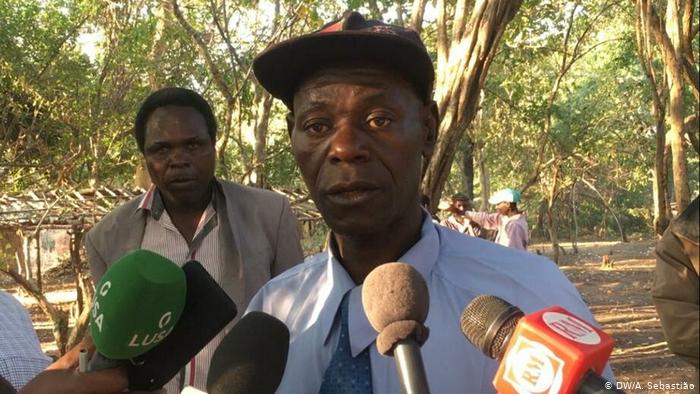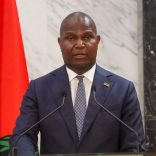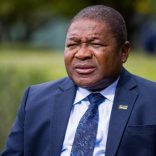Mozambique: Schools to receive textbooks two months before classes begin
“Fighting will end when Nhongo is sentenced in court” – Eurasia

File photo: DW
The consultant Eurasia believes that the armed attacks of the Military Junta in the centre of the country should increase in the short term, but the leader of this movement should end up in court, marking the end of the conflict.
“The fighting in central Mozambique between the government security forces and the self-proclaimed Military Junta of Renamo, the dissident group of this opposition party, should intensify in the short term due to persistent opposition to the peace process,” a commentary by the consultancy Eurasia on the latest political events in southern African countries reads.
Although analysts anticipate the fighting to continue, they also say that “the current trial of six members of the Military Junta in Sofala, accused of conspiracy against state security, should result in a conviction, encouraging other members of the group to lay down their arms”.
“Mariano Nhongo and other leaders of the Military Junta must end up in court, which should put an end to the conflict,” the consultancy comments.
The “traitors”
Eurasia’s analysts note that Mariano Nhongo initially praised the peace agreement, highlighting the financial aspect of the process, but “it now seems that he no longer believes in the return of the members who laid off the weapons, referring to those who participate in the process as traitors”.
The public image of this group “has gradually deteriorated with the violence, and participation in the peace process has become more appealing”, the analysts say, concluding that “the Junta will weaken even more as people choose to participate in the peace process”.
According to the authorities, the self-proclaimed Renamo Military Junta initiated armed attacks on civilian and Defence and Security Forces (FDS) targets in the centre of the country shortly after the signing of the peace agreement in August, 2019. Incursions since August last year have already killed at least 24 people.
The group demands the resignation of the current Renamo president, Ossufo Momade, accusing him of having suborned peace negotiations from the ideals of his predecessor, Afonso Dhlakama, the historic leader of the party, who died in May, 2018.
Officially, Renamo distances itself from the actions of the dissident group, classifying its members as deserters, and reaffirming its commitment to peace and reconciliation in Mozambique.
The dissidents, headed by Mariano Nhongo, a former Renamo guerrilla leader, reject the Peace and National Reconciliation Agreement, demand the removal of the party leader, and say they will only discuss their claims with President Filipe Nyusi.
Background
Under the agreement, more than 500 former Renamo guerrillas – of just over 5,000 foreseen – have been demobilized under the Disarmament, Demobilization and Reintegration (DDR) process.
The agreement is the third between the Liberation Front of Mozambique (Frelimo) government and Renamo since the signing of the General Peace Agreement in 1992, which ended 16 years of civil war.
The two agreements resulted from clashes between government forces and the Renamo guerrilla following the contestation of election results by the main opposition party.












Leave a Reply
Be the First to Comment!
You must be logged in to post a comment.
You must be logged in to post a comment.